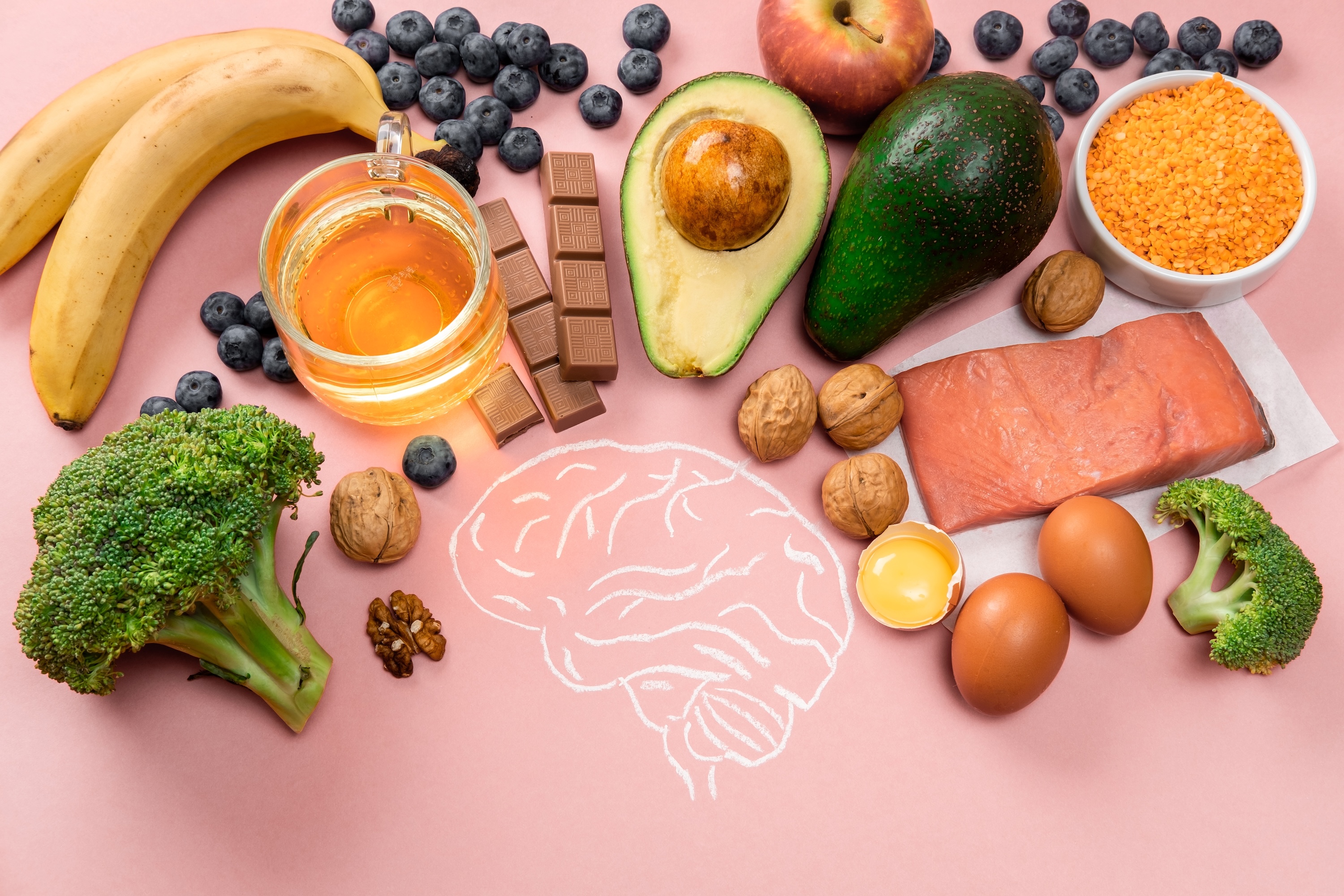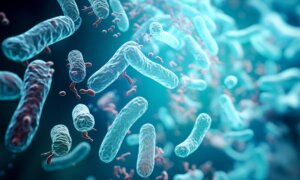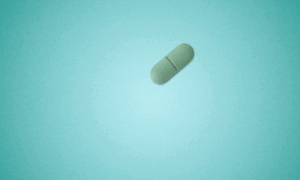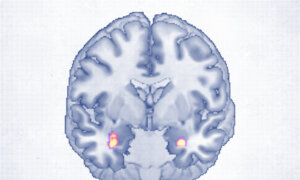Be it from work, relationships, or other aspects of our modern, fast-paced lives, we all have some level of mental and emotional stress. We can’t always eliminate stress, but we can influence how our minds and bodies deal with it through diet and lifestyle choices.
For Dr. Daniel Monti, a psychiatrist and nutritional medicine expert, nutrition is key to improving patients’ mental health. He said there are several core foods and supplements that can ease anxiety and boost brain health. First, let’s look at what are they.
Watch Stress Busters on Foods to Counter Anxiety
Can Food Cause Anxiety?
Monti said diet plays a vital role in mental health and that it’s important to cut or, at least, reduce foods that can be harmful. He pointed out that certain foods can overstimulate the nervous system and may worsen anxiety. For many, the caffeine in coffee or energy drinks can have this stimulatory effect. Dependence on such substances can put people in a negative cycle, increasing stress and making it harder to cope over time.
When people get stressed or are busy, they often opt for convenient, sugary, and starchy processed foods, Monti said. While appealing, these options cause blood sugar spikes followed by crashes, which, in turn, fuel anxiety and diminish a person’s emotional resilience.
Balancing Macronutrients
To avoid blood sugar spikes and crashes throughout the day, Monti recommends a healthy balance of carbohydrates, proteins, and fats. During his appearance on “
Vital Signs,” he highlighted specific macronutrients from leafy greens and omega-3-rich foods designed to optimize brain health.
These foods help maintain mental stability and reduce inflammation, which is known to contribute to anxiety disorders.
Fish, such as salmon and bass, are excellent sources of anti-inflammatory fats. However, Monti cautions against eating swordfish or tilapia because of their high toxin and mercury levels.
He also suggests incorporating olive oil into meals, noting its wealth of omega-9 fats, which are anti-inflammatory. He recommends using extra virgin cold-pressed olive oil for the best quality.
“I add some to my smoothie here and there every day,” Monti said.
Snacking is where people’s diets can go particularly awry. Most people reach for comfort foods high in processed sugars, Monti said. Instead, he recommends snacking on foods like almonds, walnuts, pumpkin seeds, and other nuts and seeds. These deliver healthy fats and nutrients that can help stabilize blood sugar.
‘If It Grows and It’s Green, It’s Good’
While the low-carbohydrate diet trend is prevalent today, Monti argued that not all carbohydrates are bad. Leafy greens are a prime example—they fall under the category of complex carbohydrates low on the glycemic index, meaning that they won’t spike blood sugar levels.
“Overall, if it grows, and it’s green, it’s good,” Monti said, noting that leafy greens include vital nutrients and enzymes, especially when eaten raw.
Monti acknowledged that many people struggle to get enough high-quality greens into their diets. Filling their daily quota can be a matter of finding the “delivery mode” that best suits their palates, be it a bowl of greens for lunch, a smoothie, or something warming, particularly in wintertime.
“[You can] find ... really good, high-quality broths,” Monti said. “And then just lightly blanch those greens in it, mix it in at the very end, and add some sprouts and things like that, and you’re getting a lot of nutrient value that way.”
Vitamins and Minerals for Mental Health
Monti highlighted micronutrients, particularly B vitamins, magnesium, and vitamin D, as a nutritional mainstay of mental health. He noted that even people on plant-based diets often need to supplement their intake because of common soil depletions and other environmental factors.Take Vitamin D With Vitamin K
Vitamin D is particularly important to cognitive function and mental health. The research highlighted by Monti shows a correlation between higher blood levels of vitamin D and improvements in anxiety and depression among patients. One
study consisting of 46 patients over seven months found that those with higher vitamin D intake experienced greater relief from anxiety and depression symptoms. Supplementing vitamin D alongs
ide taking antidepressants may “help preserve brain structural and functional connectivity in MDD [major depressive disorder] patients,” the authors wrote.Most people can safely take 2000 units of vitamin D per day, according to Monti. However, a blood test is the best way to gauge how much specifically to supplement. It should be taken with vitamin K to maximize absorption, he said.

How to optimize vitamin D absorption in <span style="font-weight: 400;"><a href="https://ept.ms/StressBusters_VS" target="_blank" rel="nofollow noopener">Stress Busters</a></span> on <span style="font-weight: 400;">Vital Signs.</span>
B Vitamins Build Neurotransmitters for Mood
There are eight different B vitamins, with B1, B6, B9, and B12 having essential roles in making neurotransmitters that affect mood.Vitamin B6 (pyridoxine) is vital in creating serotonin, a neurotransmitter that regulates mood and promotes sleep. A 2019 study linked higher vitamin B intake to a lower risk of anxiety and depression in women, although not men.
A 2017 study linked lower levels of vitamin B12 (cyanocobalamin) to a higher likelihood of depression and anxiety. Vitamin B12 works alongside vitamins B6 and B9 in the production of S-adenosyl-L-methionine (SAMe), a compound involved in mood regulation.
A deficiency in vitamin (thiamin) can lead to mood disturbances such as anxiety, depression, irritability, insomnia, and memory loss, underscoring its role in converting glucose into energy for the brain.
A 2018 study found that people who ate high B-vitamin foods, namely yeast-based spreads like Marmite and Vegemite, scored better in anxiety and stress measures than people who did not. For those eating spreads fortified with vitamin B12, the results were stronger again.
For those struggling to meet B vitamin needs through diet alone, a B-complex supplement can be advantageous, especially for people with anxiety, stress, or depression, according to Monti.
Magnesium for Anxiety and Depression
Magnesium is the fourth-most abundant mineral in the body, playing a role in more than 300 metabolic processes essential for health, including energy production, blood pressure regulation, neural signal transmission, and muscle contraction. Its deficiency is linked to various conditions, including mood disorders and migraines.
High-magnesium foods include:
- Black beans
- Green soybeans
- Spinach
- Quinoa
- Dark chocolate
- Avocado
- Almonds and cashews
Supplementing magnesium is a common choice for those unable to get enough through their diet. In an earlier “
Vital Signs“ interview, neurologist, Dr. Alejandro Centurion suggested taking magn
esium glycinate to support brain function. Magnesium glycinate is commonly used to treat anxiety, depression, stress, and insomnia. Centurion says taking up to 400 milligrams per day is safe for most people.More Anti-Anxiety Tactics on EpochTV’s “Vital Signs”
Watch “Low Vitamin Stress” on how low B6, etc. can cause anxiety and depression.
Watch “EMDR for Trauma and Stress—Eye movement desensitization and reprocessing.


















